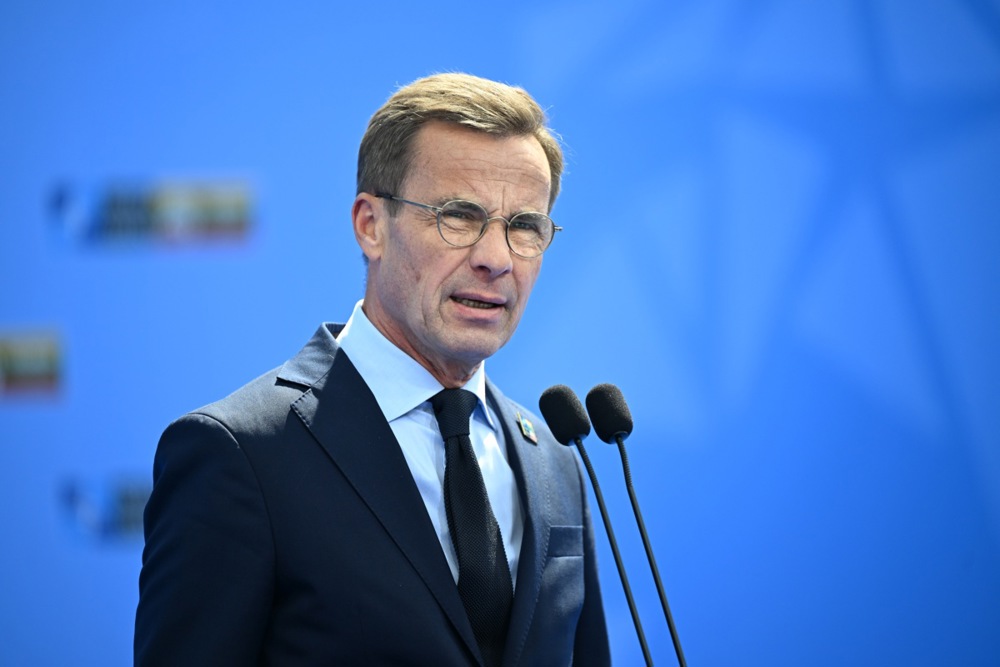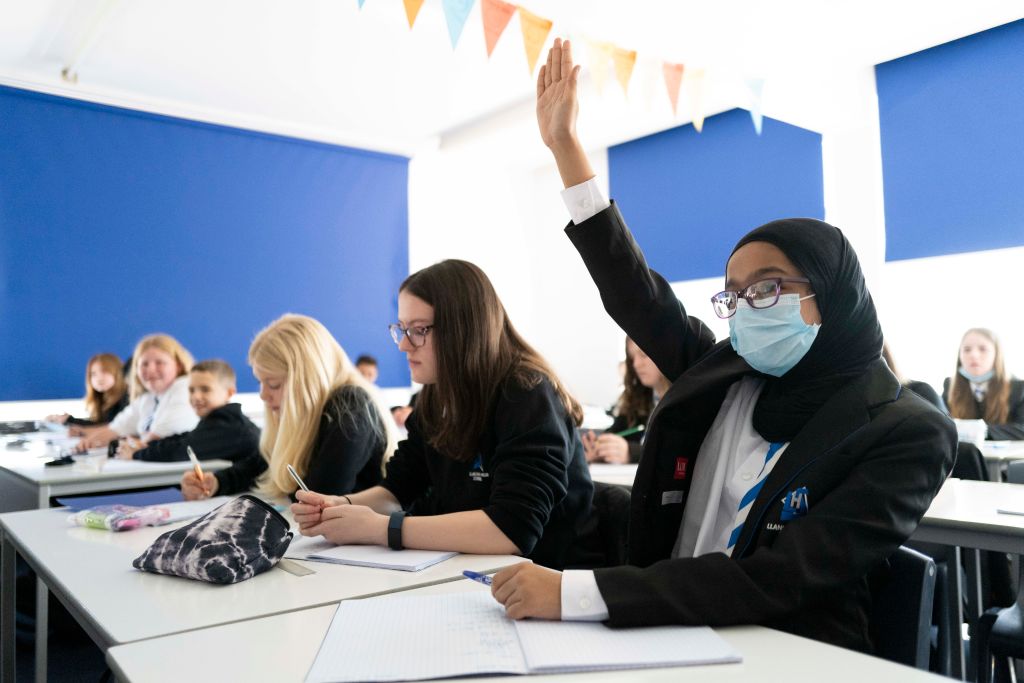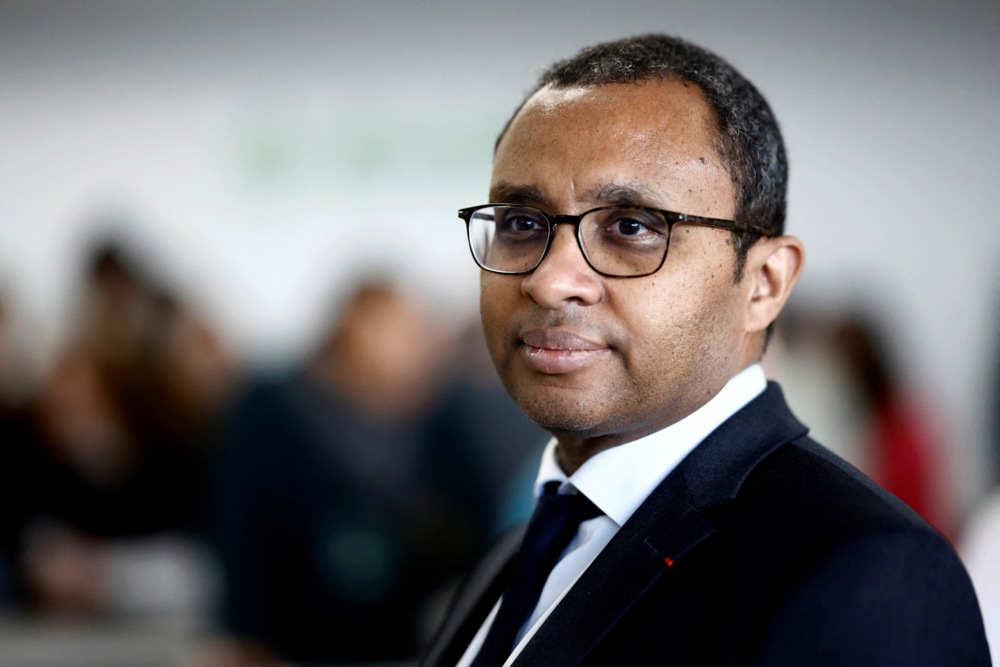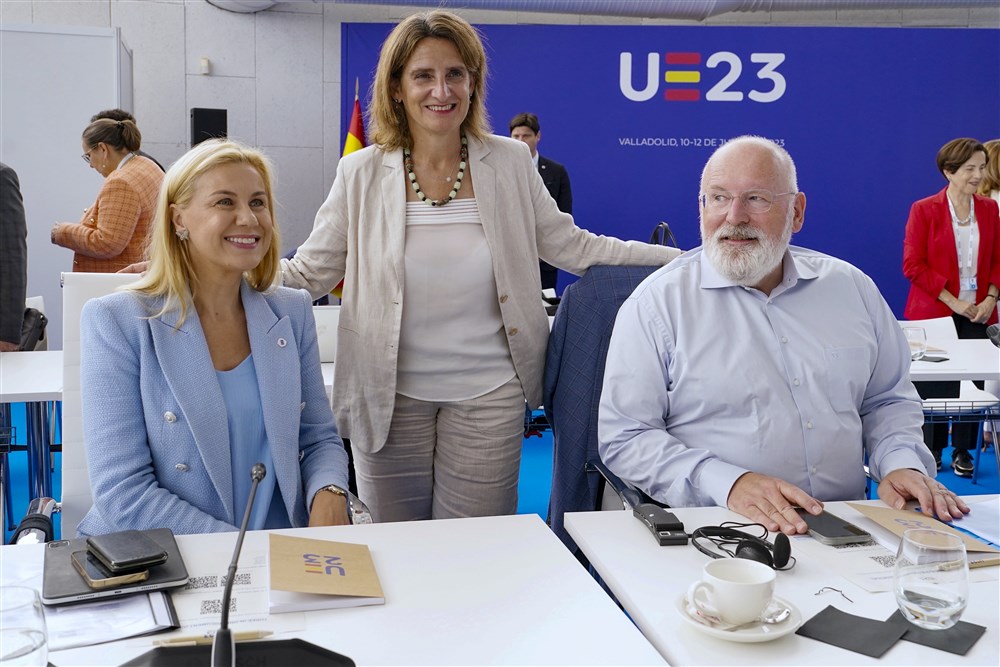Latvian centre-right Prime Minister Krišjānis Kariņš announced his the resignation and that of his government due to political disagreement within the ruling coalition.
As recently as August 11, Kariņš still harboured hopes that his government could find a solution to the disunity but the current coalition partners rejected his proposal for a cabinet reshuffle.
He announced his decision to quit on August 17 on Twitter, now known as X.
“Currently the United List and National Alliance are blocking work for welfare and economic growth. Today I met the New Unity Saeima [Latvian Parliament] group and I informed the board that I will submit my letter of resignation to the president on Thursday,” he said.
“I have invited JV [Kariņš’ party] to nominate a new candidate for the premiership.”
Šobrīd @Apvienotais_ un @VL_TBLNNK bloķē darbu labklājības celšanai un ekonomikas izaugsmei. Šodien informēju @Jauna_Vienotiba Saeimas frakciju un valdi, ka ceturtdien Valsts prezidentam iesniegšu demisijas rakstu. Esmu aicinājis #JV izvirzīt jaunu Ministru prezidenta kandidātu. pic.twitter.com/R0tdZlHRxN
— Krišjānis Kariņš (@krisjaniskarins) August 14, 2023
The current ruling coalition in Latvia is made up of Kariņš centre-right New Unity (Jaunā Vienotība), the right-wing populist National Alliance (Nacionālā apvienība) party and the Green United List (Apvienotais saraksts).
He has served as premier since 2019. General elections were held in October 2022, in light of the war in Ukraine and the state of the Latvian economy. The three parties pledged to focus on security, education, energy, competitiveness and quality of life.
The Latvian Government never seemed to be able to gain much traction, as the partners continued arguing with each other. That political infighting has resulted in the dissolution of the government altogether.
Kariņš told the media in a briefing that the country needed a strong and dynamic government, which can also make difficult decisions. “But right now, after lengthy negotiations, it was clear to me that the National Alliance and the United List are doing everything to break dynamism,” he added.
“If this dynamism cannot be found in this government, a new, other government is needed,” Kariņš said.
He had previously served as economy minister and as an MEP. He was born in the US, to parents who had left Latvia during the Soviet occupation.
Under Kariņš’ leadership, Latvia has been highly critical of Moscow and urged the European Union and NATO to ratchet-up pressure on Russia.
Later this week, he will meet Latvian President Edgars Rinkevics and New Unity will appoint a replacement candidate for the position of prime minister.
Latvia’s next parliamentary elections are not due until 2026.
Latvia, along with its Baltic counterparts Estonia and Lithuania, has faced substantial challenges stemming from an energy crisis, largely attributed to their reliance on Russian gas prior to Russia’s invasion of Ukraine in February 2022.
In response to the invasion of Ukraine, the three nations ceased natural gas imports from Russia. Presently, Latvia primarily relies on its domestic gas reserves and imports from Lithuania although these cross-border deliveries have diminished.
Speculation has circulated for months within the halls of power in the Latvian capital Rīga that Kariņš had been considering a return as an MEP to Brussels, although he has not officially acknowledged any such intention.
Other rumours suggests that he might opt to continue in his role as foreign minister in Latvia, despite quitting as prime minister.





